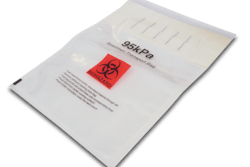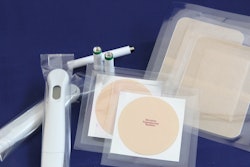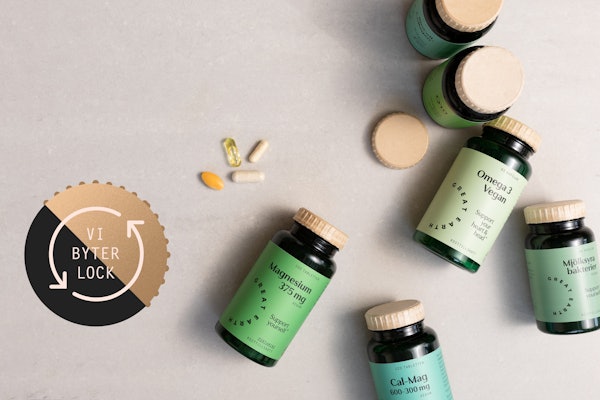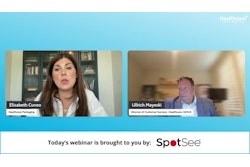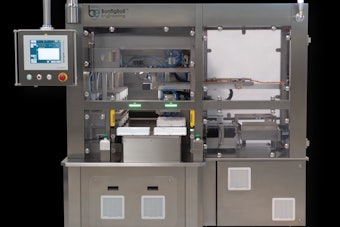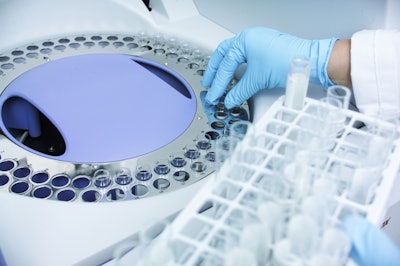
In 2011, CDRH embarked on an innovation initiative (see video) to help accelerate and reduce the cost of development and regulatory evaluation of innovative medical devices.The Innovation Initiative established a Medical Device Technology Innovation Partnership (MD-TIP) to address the learning needs of entrepreneurs, students, and faculty.The MD-TIP provided guidance and feedback to FDA in the design and development of the National Medical Device Curriculum (NMDC).
NMDC provides students with FDA-endorsed core knowledge on how to design, test, and clinically evaluate devices, identify the root causes of adverse events and device malfunctions, develop iterative device designs, and navigate the regulatory process.
Designed as a series of fictional case studies based on real-world medical device scenarios, the curriculum follows a format similar to Harvard Business Review Case Studies.
Through participation in MD-TIP, the following academic institutions collaborated in the design and development of the National Medical Device Curriculum: University of Virginia, Howard University, Johns Hopkins University, University of Maryland at College Park, University of Maryland at Baltimore, University of Pennsylvania, and Boston University.
Each of these fictionalized case studies includes a student module and an instructor’s guide with ideas for exercises and discussion in class. The curriculum was tested at several universities and received high praise. William E. Bentley, from the University of Maryland James Clark School of Engineering, found that the case studies “are of tremendous pedagogical value, and we are definitely incorporating them into our curriculum.”
Arthur L. Rosenthal, Ph.D., a professor at Boston University’s College of Engineering, used the case studies to teach advanced biomedical product design and development and reported that “the students found the material engaging as well as providing essential context for their projects.”
Youseph Yasdi, Ph.D., MBA, Executive Director at The Johns Hopkins Center for Bioengineering Innovation and Design, found that the cases are “a good fit” for his program to train engineers to better understand regulatory issues.
More case studies are being planned to help train the next generation of entrepreneurs and keep the U.S. a leader in medical device innovation. Regulatory training is particularly important in the development of medical devices, as the industry is heavily populated by small companies that may not have the expertise to navigate FDA’s requirements.
The NMDC is a step forward in FDA’s efforts to encourage and facilitate the development of new medical products, including drugs, biological products, and medical devices—that has been made possible by the great scientific breakthroughs in the last two decades, such as the mapping of the human genome and the invention of nanotechnology. The aim of the curriculum is to encourage and advance the development of new devices for patients and help protect and promote the public health.
Case studies and instructor guides are free and available for anyone to use.However, FDA is not responsible for changes or modifications made to the published PDF documents on the FDA Website.
Case studies are stand-alone units that can be used in any sequence.However, case study one establishes foundational knowledge students may find useful when completing other case studies. Each case study is estimated to take approximately three hours of student preparation not including instructor assignments. Contact [email protected] with questions or comments.



